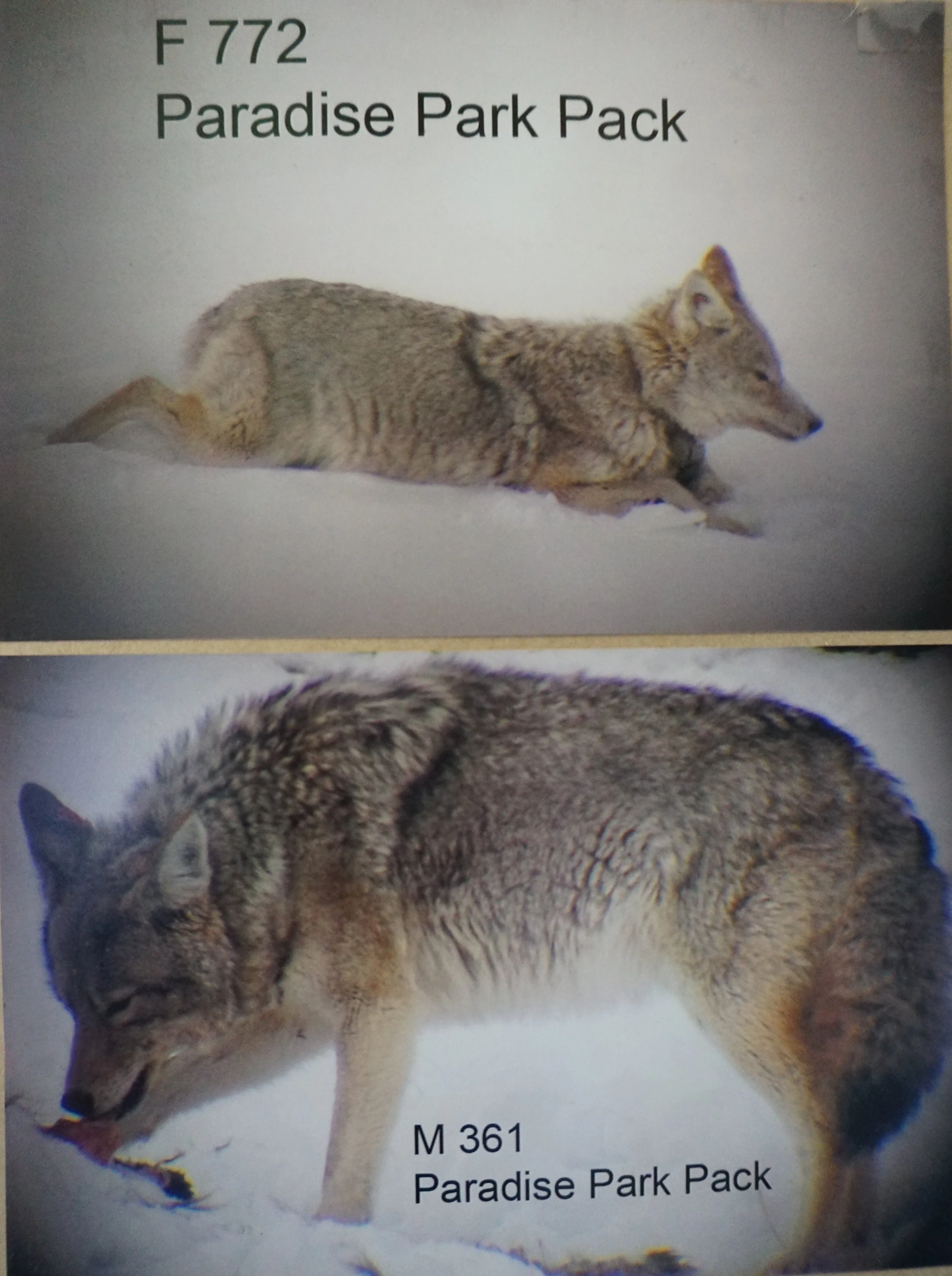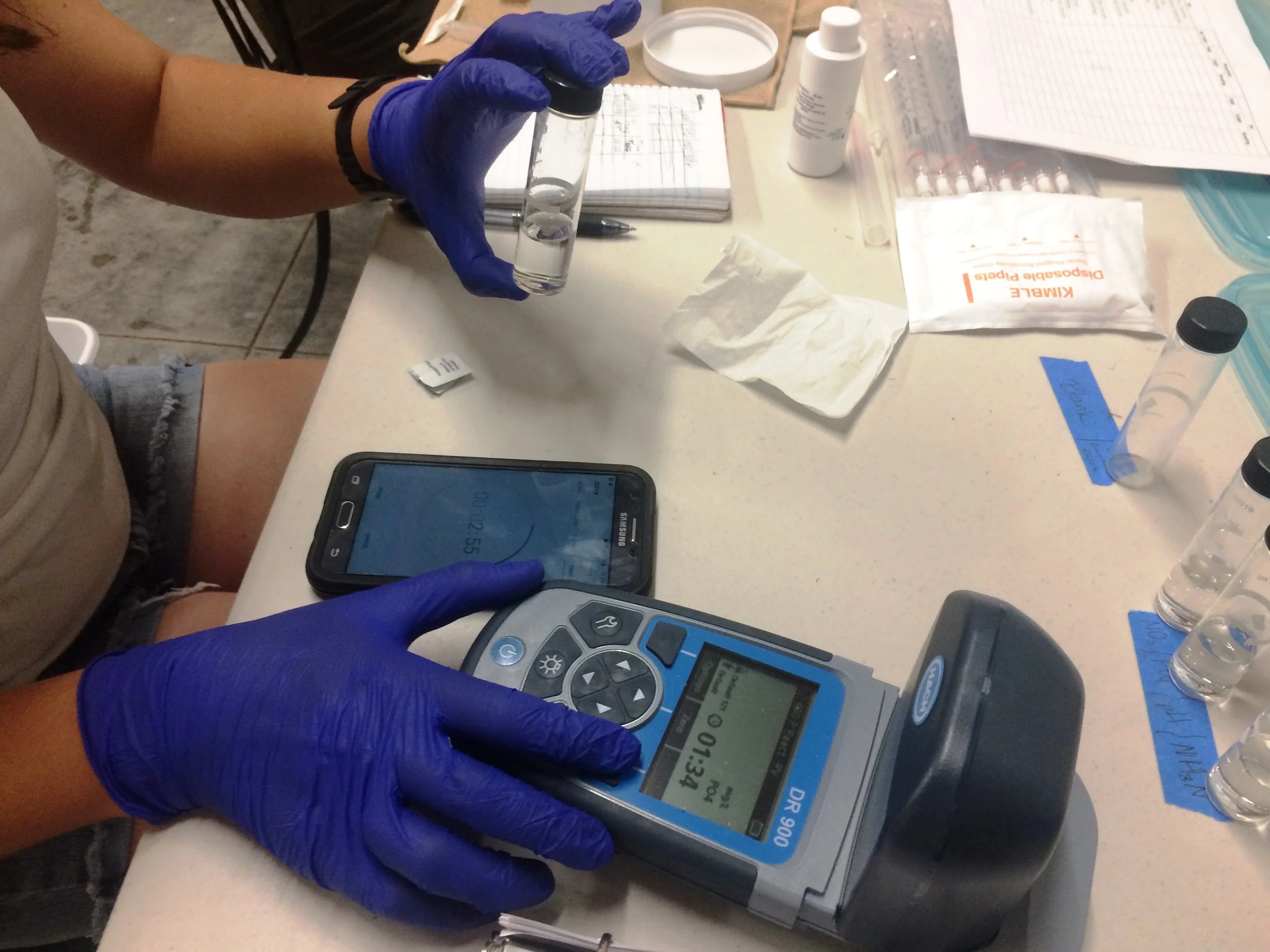YellowstoneNET is a network of people involved in community science that can access incredible amounts of information on ecosystems using an internet platform called EPIIC (Ecosystem Prognosis, Impacts, and Information Cooperative)—an Internet of Nature’s Things.
Read MoreYERC is excited to have formed a coalition with Microsoft, Topcoder, Amphora, and Montana State University’s Computer Sciences Department to innovate ways to curate, present, and deliver essential ecological data via an internet platform called the Ecosystem Prognosis, Impacts, and Information Cooperative, or EPIIC.
Read MoreOur recently launched initiative, Ecosystem Prognosis Impact Information Cooperative, expands our YellowstoneNET program in a way we believe lives up to the initiative’s acronym, EPIIC.
Read MoreYERC avian field technician, Richard Rich, shares his experiences conducting bird point count surveys as part of our LandNET project which focuses on monitoring ecosystem health in soils, vegetation and biodiversity. Find out more at www.yellowstoneresearch.org/landnet.
Read More“Trusted, scientific information should be the final arbiter”
Read MoreIn 2018, we set a high bar for ourselves with the launch of RiverNET, the inaugural project of our new initiative Envision Yellowstone. And if anything, 2019 has been even better, as you will see in our annual RiverNET summary. But perhaps our proudest accomplishment is the realization of Envision Yellowstone’s pilot program transitioning from a YERC project to a Community Science Co-Op. Without your support, your volunteer time, your donations, your interest in science and your passion for the Yellowstone, we wouldn’t have been able to carry out this endeavor. Thank you, and we look forward to continuing to work with (and for) you in the coming year!
Read MoreWhile other articles in the Bozeman Daily Chronicle’s “State of Change” series focus on problems associated with climate change, the one on YERC’s RiverNET program features solutions. Great coverage by Perrin Stein; check it out!
Read MoreWhy such big differences in our water quality results compared to those we send off to an independent lab? YERC scientists do what scientists do best: ask questions, make hypotheses, conduct experiments, and analyze results in order to address this important question.
Read MoreOur data collection efforts are paying off as patterns are starting to emerge in our water quality data. But what do they actually tell us about the quality of the water?
Read MoreAfter spending two winters on the Beartooth Plateau and three years in Cooke City, our mobile field station has a new (temporary) home in Paradise Valley. YERC tech Spencer Link describes what its like living in Paradise.
Read MoreYERC biologist Mikaela Howie sent us this dispatch from the Spanish Coast while working remotely and visiting family.
Read MoreWhat M361 — one of the last surviving radio colllared coyotes from YERC’s Canine Ecology Project (1989-2009) — lacked in size, he made up for in resourcefulness and tenacity. Hear reminiscences from one of the last field techs to track this unlikely alpha male.
Read MoreValidation is a critical part of the scientific method, essential for maintaining data quality as well as scientific credibility. Here, we describe how we are doing this for RiverNET with support from the Montana Department of Environmental Quality.
Read MoreThroughout its nearly 30 years, YERC has been constantly adapting to changing environmental conditions, research needs, and available technology. Here, Bob describes YERC’s latest evolution.
Read MoreField work isn’t always as much fun as it sounds. Read about some of the surprises YERC scientists find while maintaining a water monitoring sensor mounted on the side of a Yellowstone River bridge pier.
Read MoreYou never know what you are going to find while studying rare wildlife living in an extreme environment. Learn more about our discoveries in this reprint from Nutcracker Notes.
Read MoreBob describes a situation when scientists need to be more than just passive observers when it comes to conservation action.
Read MoreYERC scientists explain one of our latest peer-review publications in everyday lingo.
Read More
















